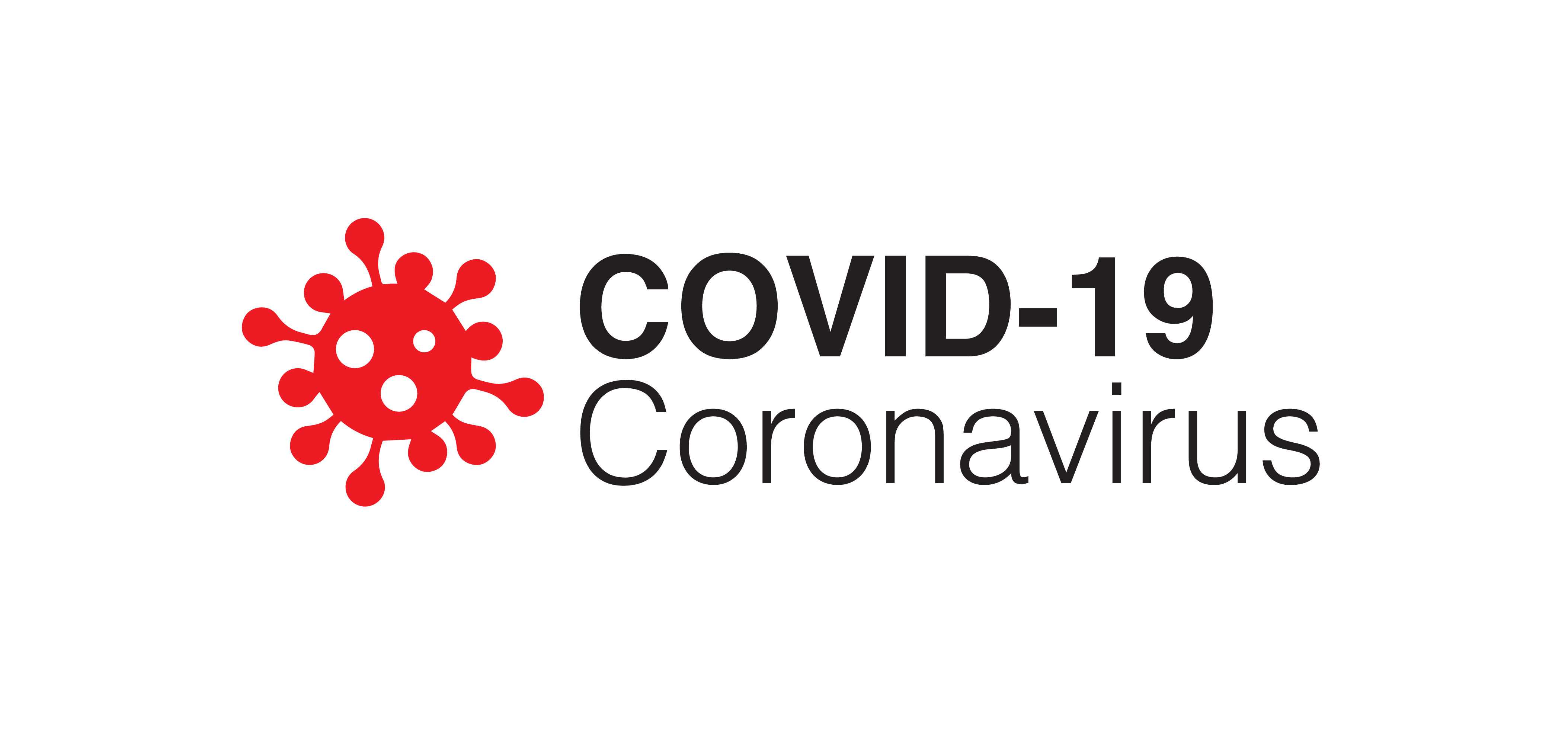In the wake of the Coronavirus (COVID-19) pandemic, countless businesses have reduced or closed operations—some permanently. Flights have been canceled, hotels and restaurants have closed, and employees have been told to stay home. Naturally, businesses will seek to offset their financial losses during this period. Some businesses may file insurance claims under their Business Income coverage.
Common Business Income (and Extra Expense) Coverage Forms might state: “We will pay for the actual loss of Business Income you sustain due to the necessary ‘suspension’ of your ‘operations’ during the ‘period of restoration’. The ‘suspension’ must be caused by direct physical loss of or damage to [covered] property ….” There has been much discussion of what constitutes “physical loss” and of policy exclusions relevant to viral pandemics. In this article, we will focus on the causation required for business income coverage. In other words, if a policyholder establishes direct physical loss to covered property because of COVID-19, and the insurance policy at issue contains no exclusions that preclude coverage, the policyholder must still demonstrate its business income losses were caused by the physical loss.

In many respects, COVID-19 is like a wildfire. It spreads quickly and is difficult to contain, and as a result, people seek refuge away from high-risk areas. These conditions are bad for business. In White Mountain Communities Hospital, Inc. v. Hartford Cas. Ins. Co., No. 3:13-cv-8194, 2015 WL 1755372 (D. Ariz. Apr. 17, 2015), a hospital sought coverage for business income losses following a massive wildfire. The policyholder argued that its business income “losses stemming from the fire are covered as long as there has been some property damage.” Id. at *2. The court rejected this argument, explaining that “[t]he Business Income Coverage provision does not cover all income losses caused by the fire; rather, it covers only those income losses resulting from actual physical damage to the facility caused by fire…. Business income lost because of the fire in general is not covered.” Id. The court noted that the policyholder “fails to point to any evidence that it lost business income due to smoke contamination or any physical damage to the facility…. as opposed to the economic conditions in the area from the fire ….” Id.; see also Ramada Inn Ramogreen, Inc. v. Travelers Indem. Co. of Am., 835 F.2d 812 (11th Cir. 1988) (affirming summary judgment in favor of the insurer where the hotel policyholder sought business interruption coverage for a decline in occupancy of the hotel resulting from the closing of its nearby restaurant following a fire).
Some courts have cautioned against focusing on the “direct physical loss” element while neglecting other elements of the coverage grant. See Commstop v. Travelers Indem. Co. of Conn., No. 11-1257, 2012 WL 1883461, at *12 (W.D. La. May 17, 2012). In Commstop, a convenience store owner sought business income coverage arguing that roadwork caused “choking clouds of dust,” which “deterred customers from frequenting plaintiff’s convenience store ….” Id. at *12. Although the policyholder argued the clouds of dust deterred and hindered potential customers, the policyholder did not put forth evidence that the dust caused a “suspension” of its operations. Id. at *13.
COVID-19 has caused an abrupt cessation of economic activity. But, even if a business property sustains direct physical loss by COVID-19 and the business loses income due to a suspension of its operations, the lost income must result from the property damage caused by the virus, not merely the general economic slowdown the virus has caused. Avoid letting clever arguments about what might constitute “physical loss” cause you to lose sight of the policy as a whole. For any virus-related claims for time element coverage, determine the true causes of the loss. Ask whether the business disinfected its property upon discovering the viral contamination, and if so, how long it took to disinfect the property. Consider whether there was a “ramping down” period or an abrupt cessation of activity, the length of the suspension, external economic conditions, and the circumstances that mark the claimed beginning and end of the suspension.

